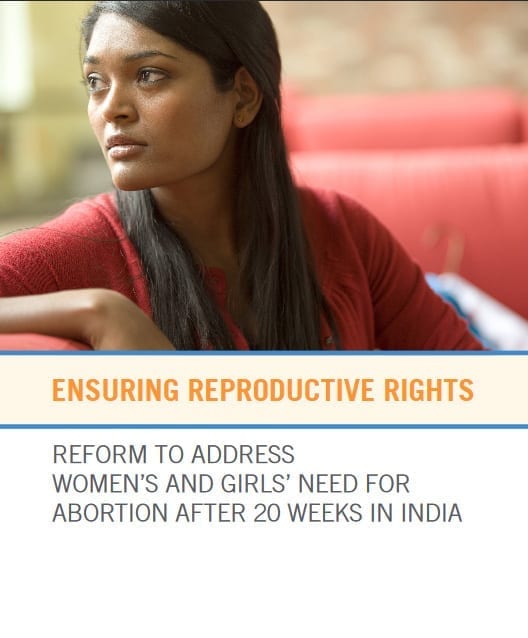Delhi High Court Stands Up against Cruel Treatment of Pregnant Women
In India, poor pregnant women in need of urgent care are often turned away by hospitals and clinics. This is what happened to Fatema, a homeless young woman from New Delhi who suffers from severe anemia and epilepsy. Although her pregnancy was clearly a high risk one, government health workers refused to even register Fatema’s pregnancy as required by India’s health policies. Fatema was ultimately forced to deliver her child underneath a tree in full public view and without any medical assistance. In June 2010, the Delhi High Court combined Fatema’s case with another similar one and issued a landmark decision that establishes the right to maternal health care as a constitutionally protected right. Both cases were brought by the Human Rights Law Network (HRLN), one of the Center’s local partners, and are representative of what is happening to thousands of pregnant women living below the poverty line today in India, which has the highest number of maternal deaths in the world. Despite having good maternal health policies on the books, the country has failed to implement them. Shanti Devi, the woman at the center of the second case decided by the Delhi High Court, paid the ultimate price for that failure. She was cruelly denied urgently needed medical care from four different hospitals after her fetus died during her fifth pregnancy because she could not to pay the illicit hospital fees being demanded as a pre-condition for treatment. Although she was eventually admitted to a hospital to have the dead fetus removed, she was discharged without receiving proper follow-up care or family planning services. A few months later, Shanti became pregnant again. This time around, she didn’t even try to seek medical care: her previous encounter with the public health system and uncertainty about her eligibility for state benefits deterred her from it. She died at home shortly after giving birth at seven months to a baby girl.Neither Shanti Devi nor Fatema received any of benefits promised to pregnant women under current government healthcare policies meant to ensure women’s survival and protect their health. In its decision, the Delhi High Court asserted that “[b]oth the cases point to the complete failure of the implementation of the schemes.” Importantly, it noted the absence of a system of corrective action and compensation for women who are illegally denied benefits. The Court also asserted that “no pregnant woman be denied access to medical treatment regardless of her social economical status” and ordered the government to immediately give both Shanti Devi’s survivors and Fatema the benefits to which the women were entitled after delivery but did not receive, such as financial assistance and nutritional benefits. The government must also pay additional compensation for the women’s suffering and loss. Since 2006, the Center has worked with HRLN to develop a nation-wide litigation strategy on maternal mortality and morbidity in India, with the goal of expanding and ensuring women’s access to maternal health services. These efforts are part of the Center’s global strategy to hold governments accountable for maternal deaths and create a body of norms that legally protect the human rights of pregnant women. This global strategy also includes a groundbreaking case brought before the CEDAW Committee against Brazil in 2007 and a landmark 2009 resolution from the UN Human Rights Council that recognizes maternal mortality as a pressing human rights concern.

